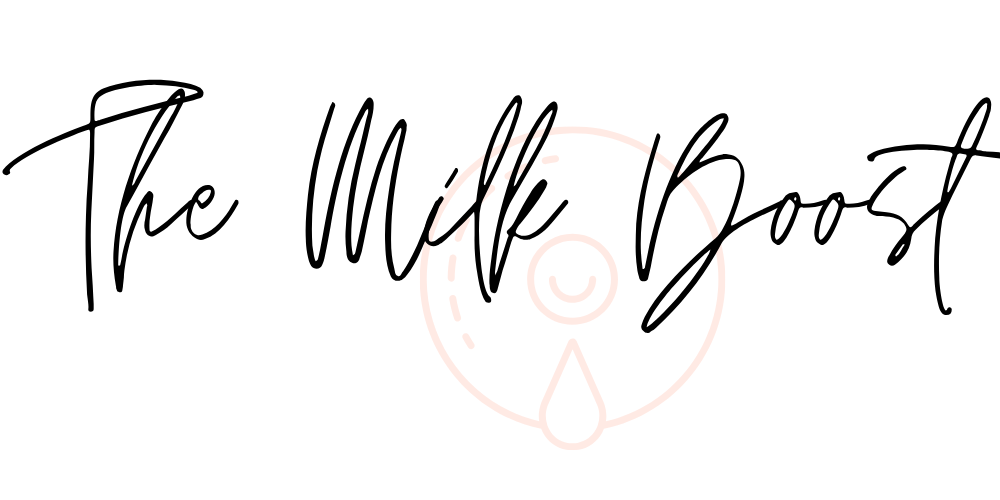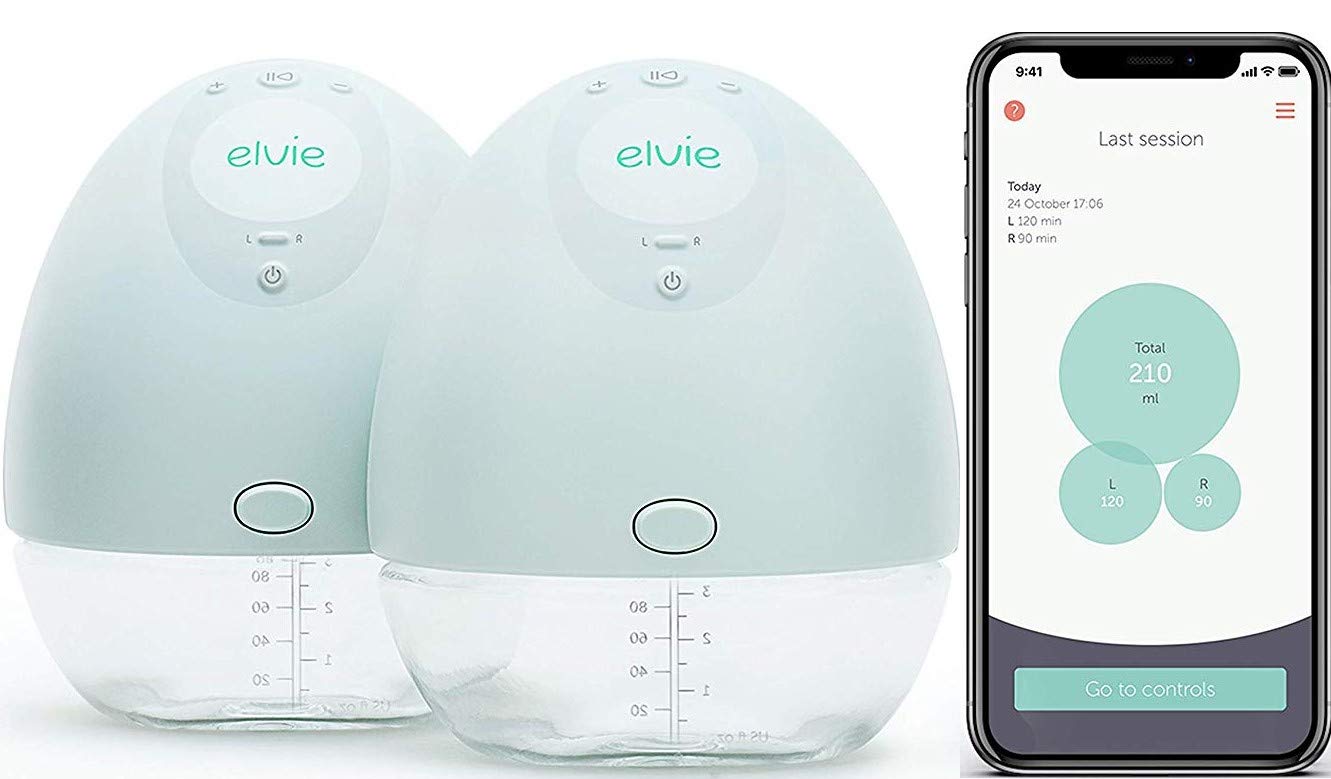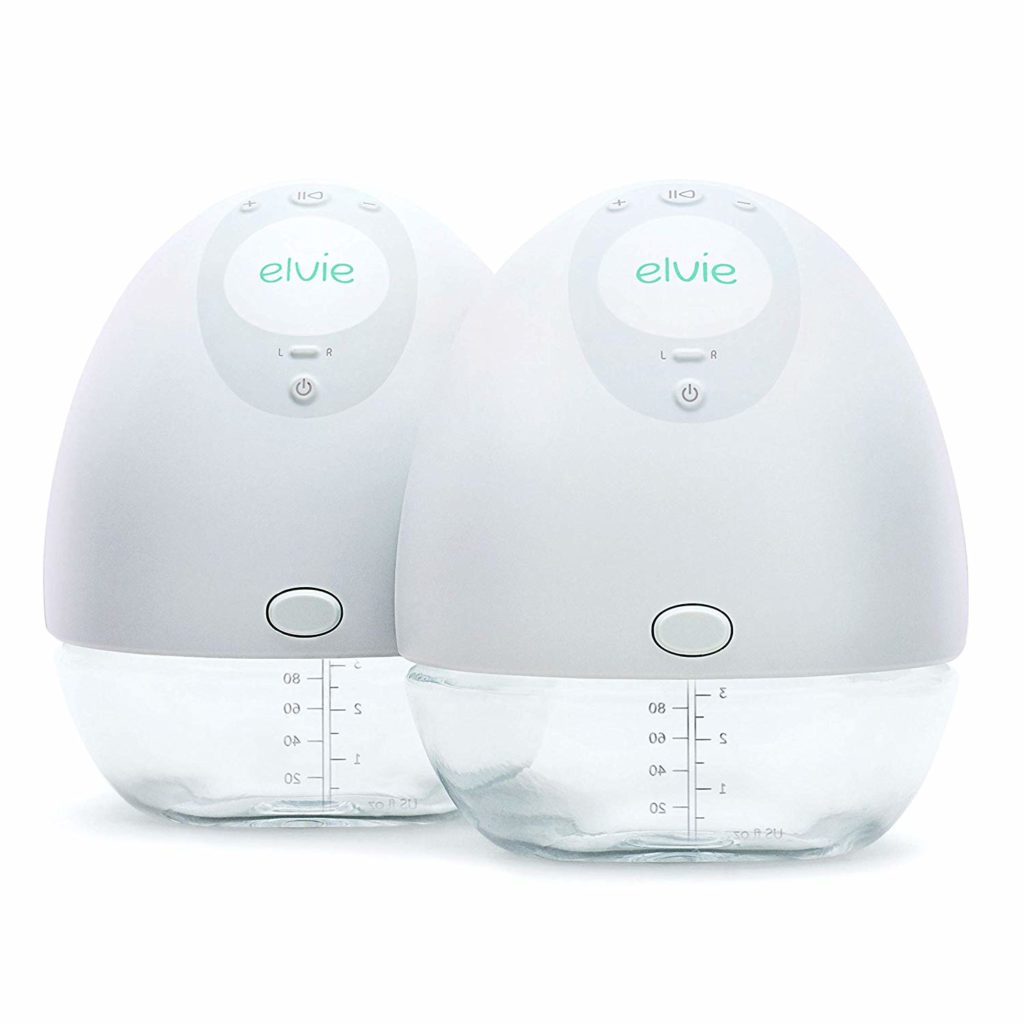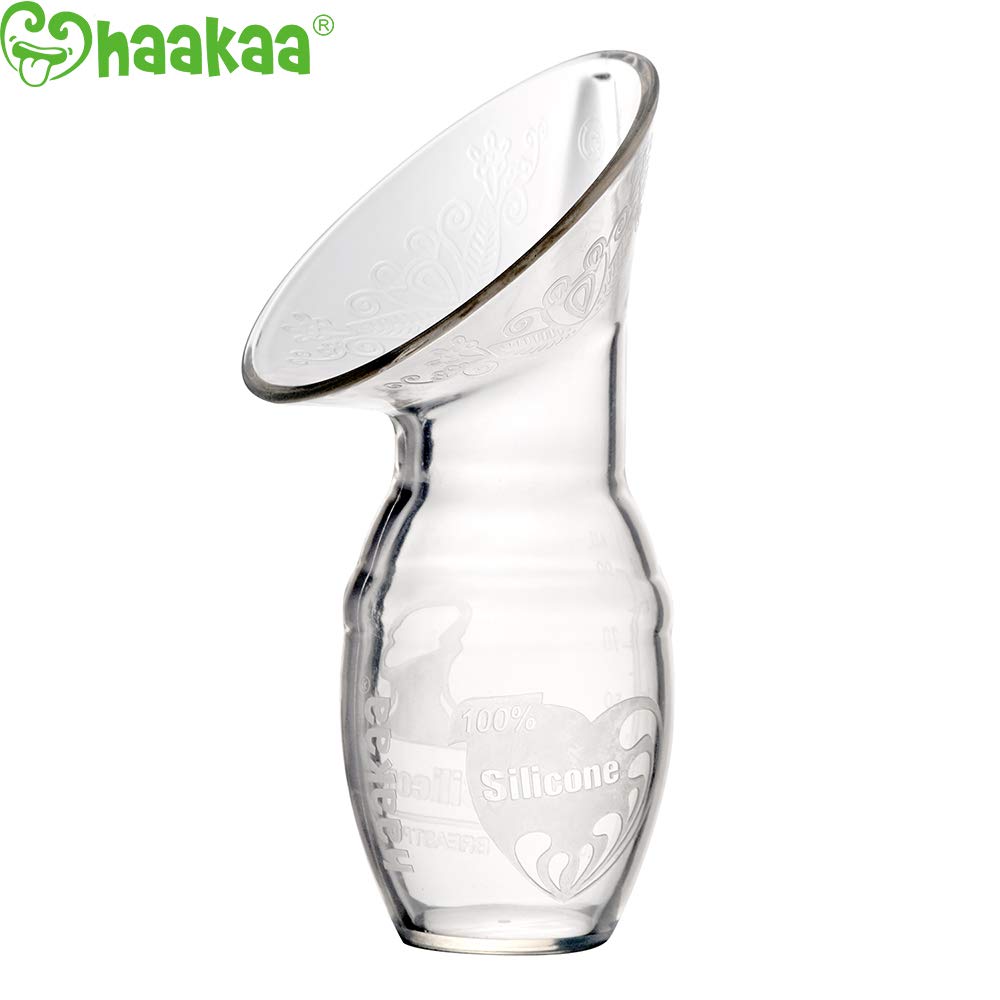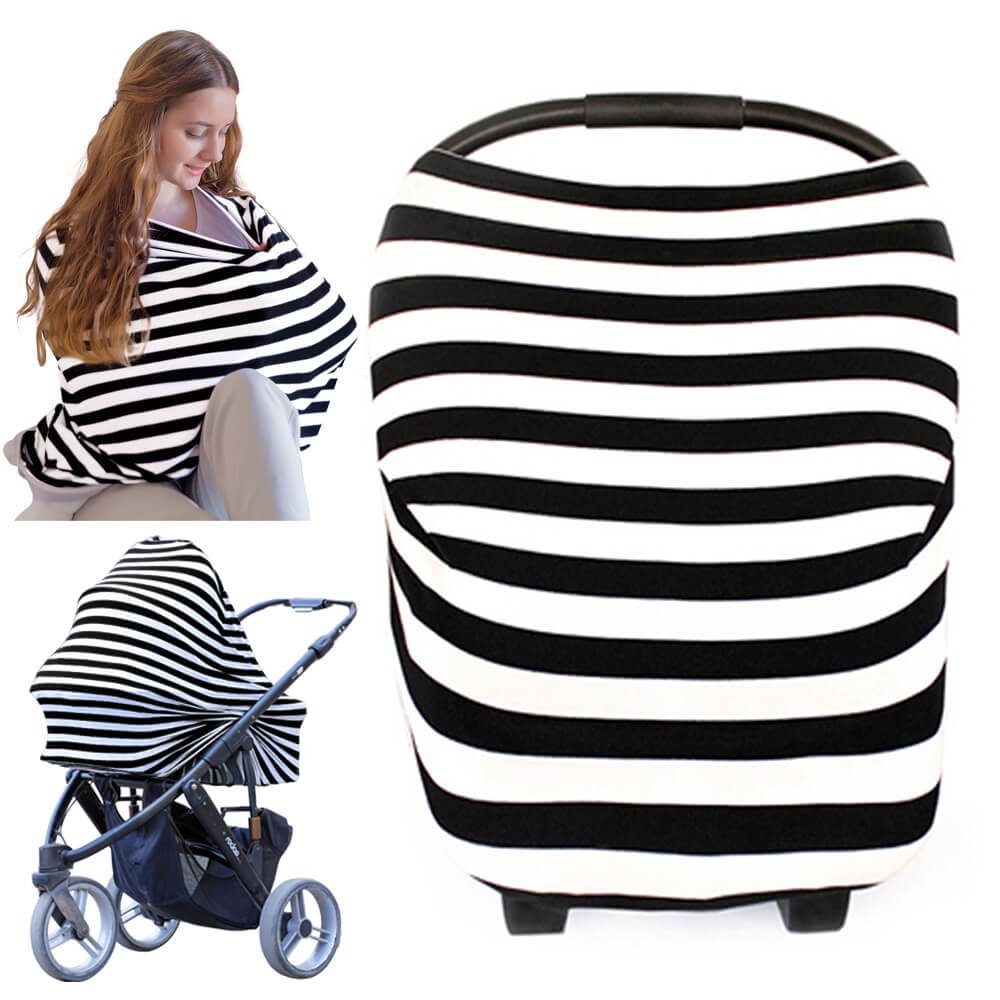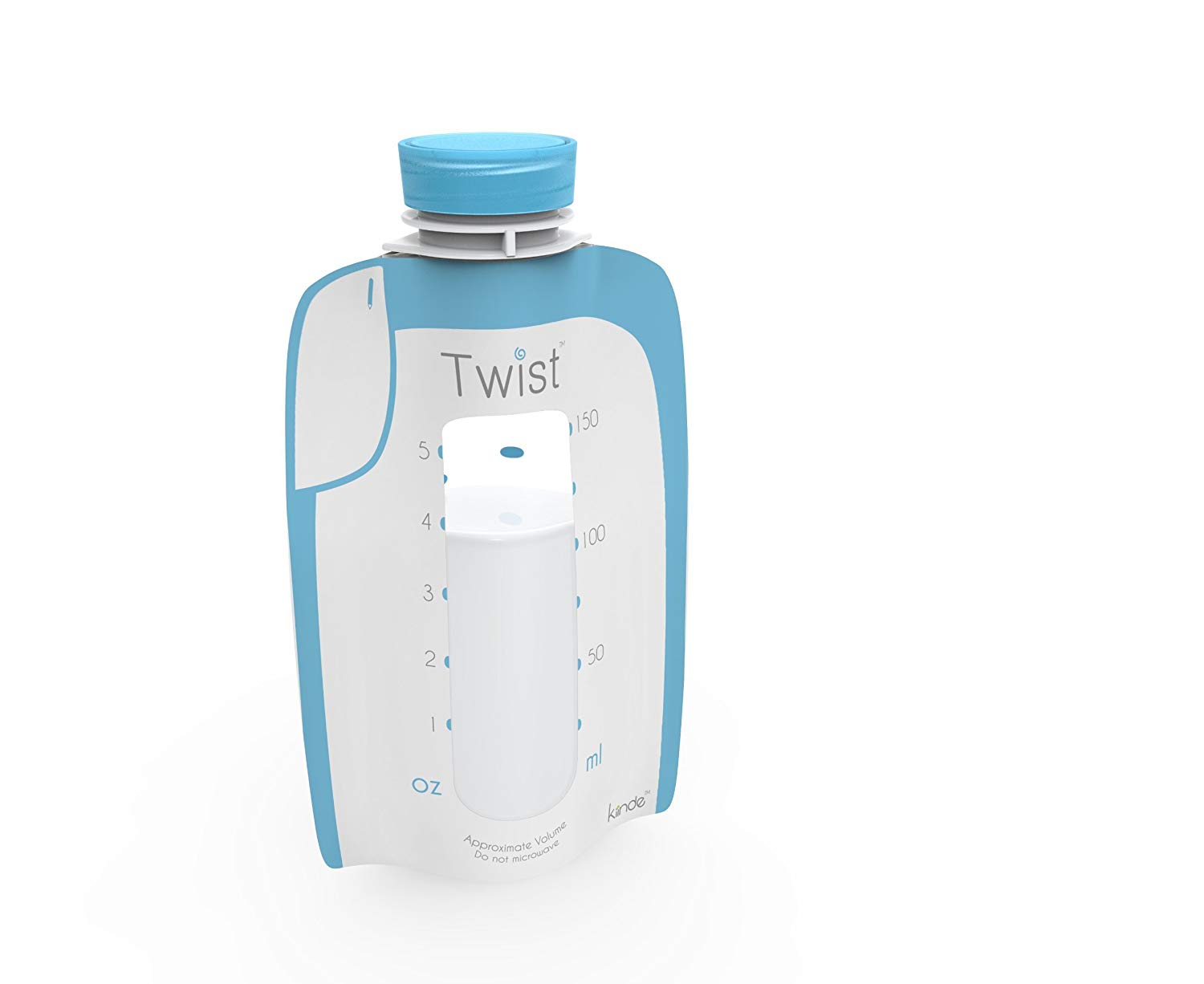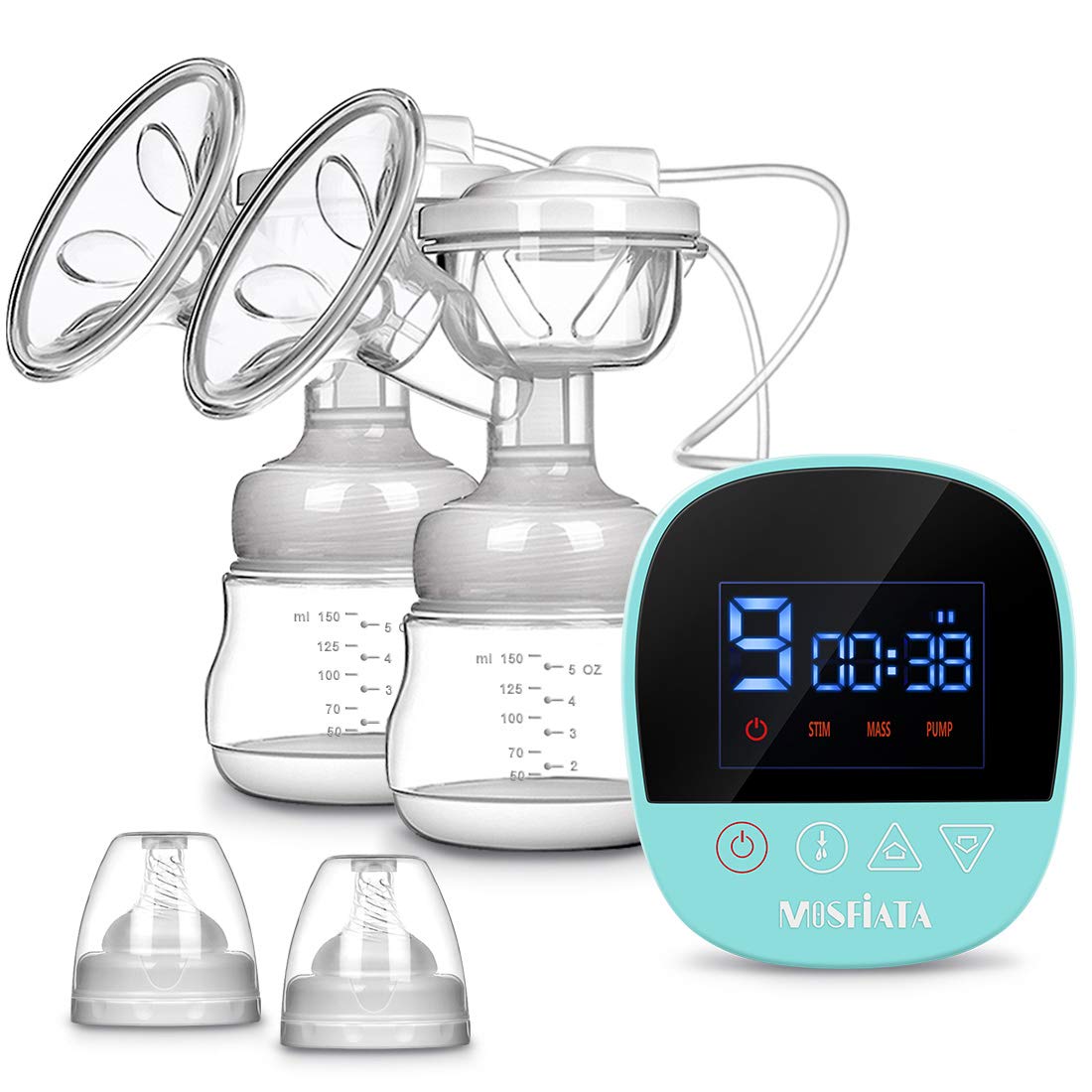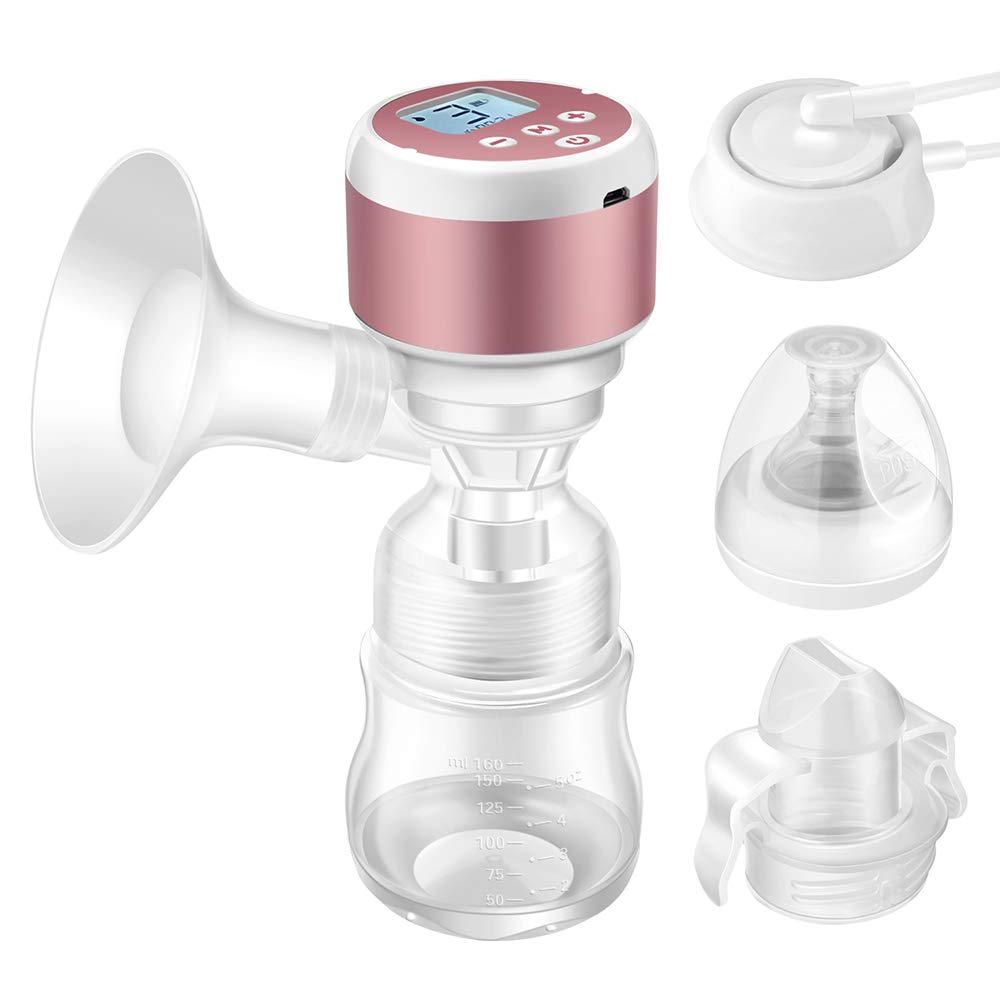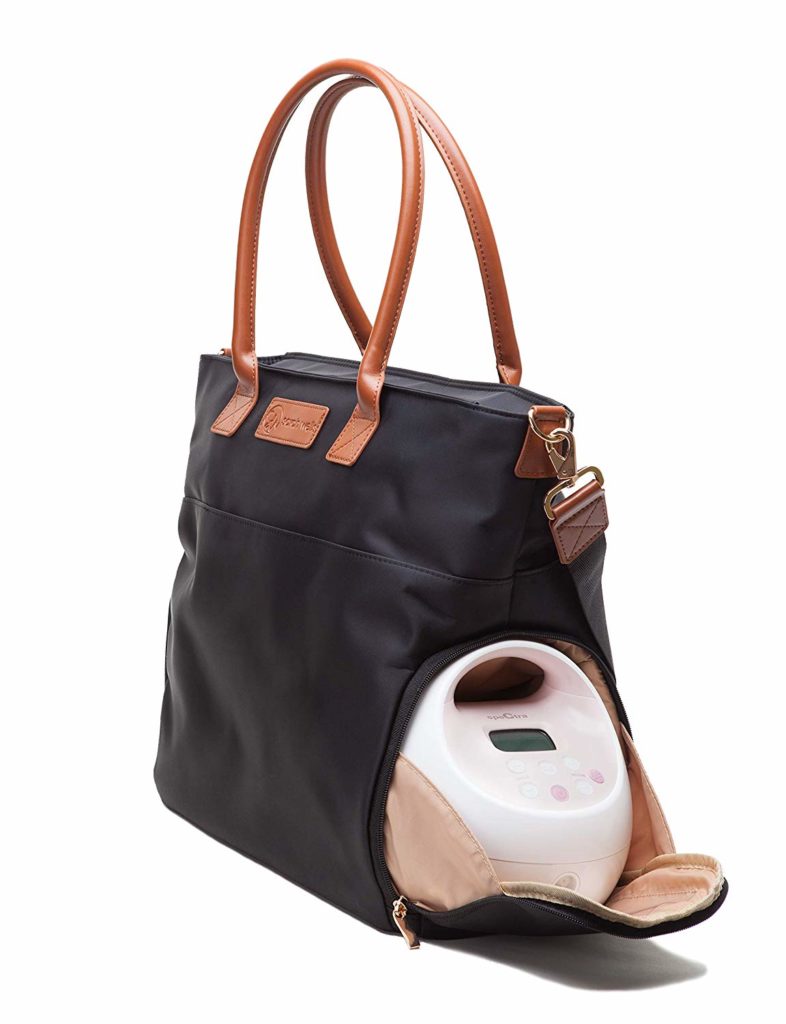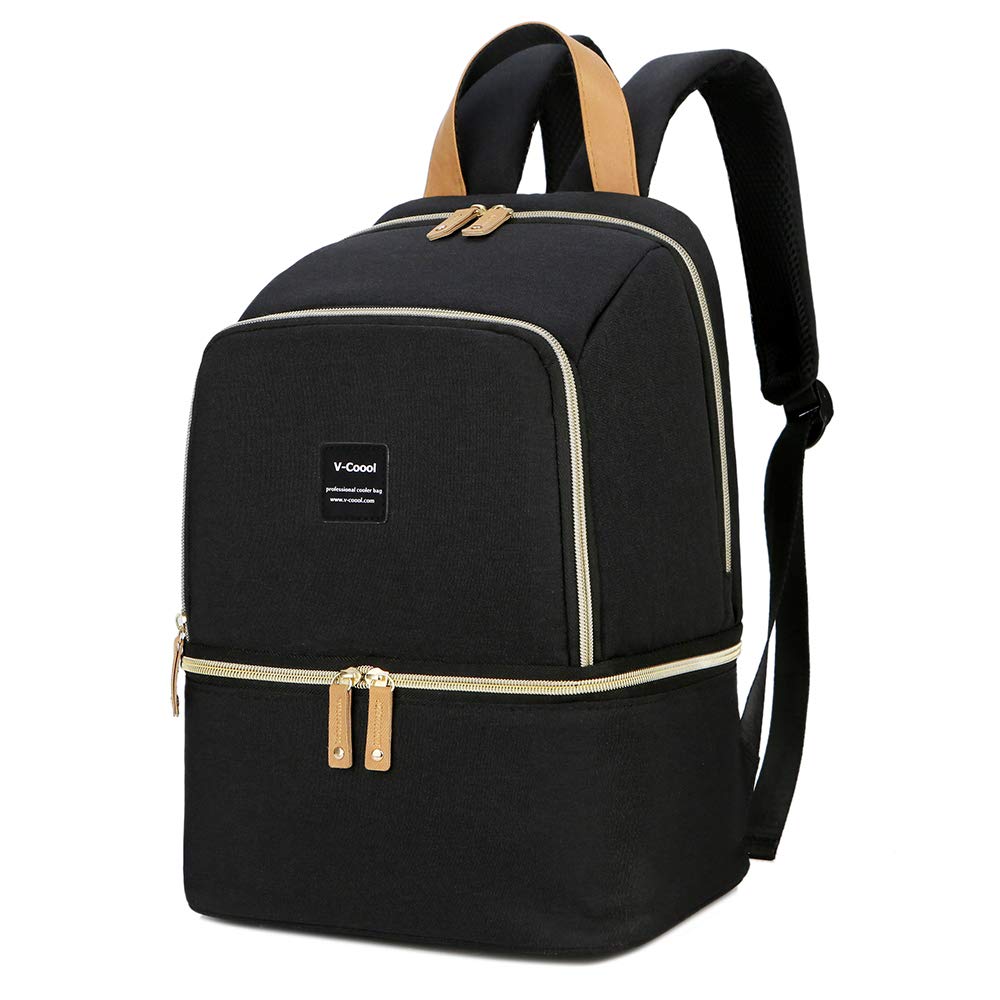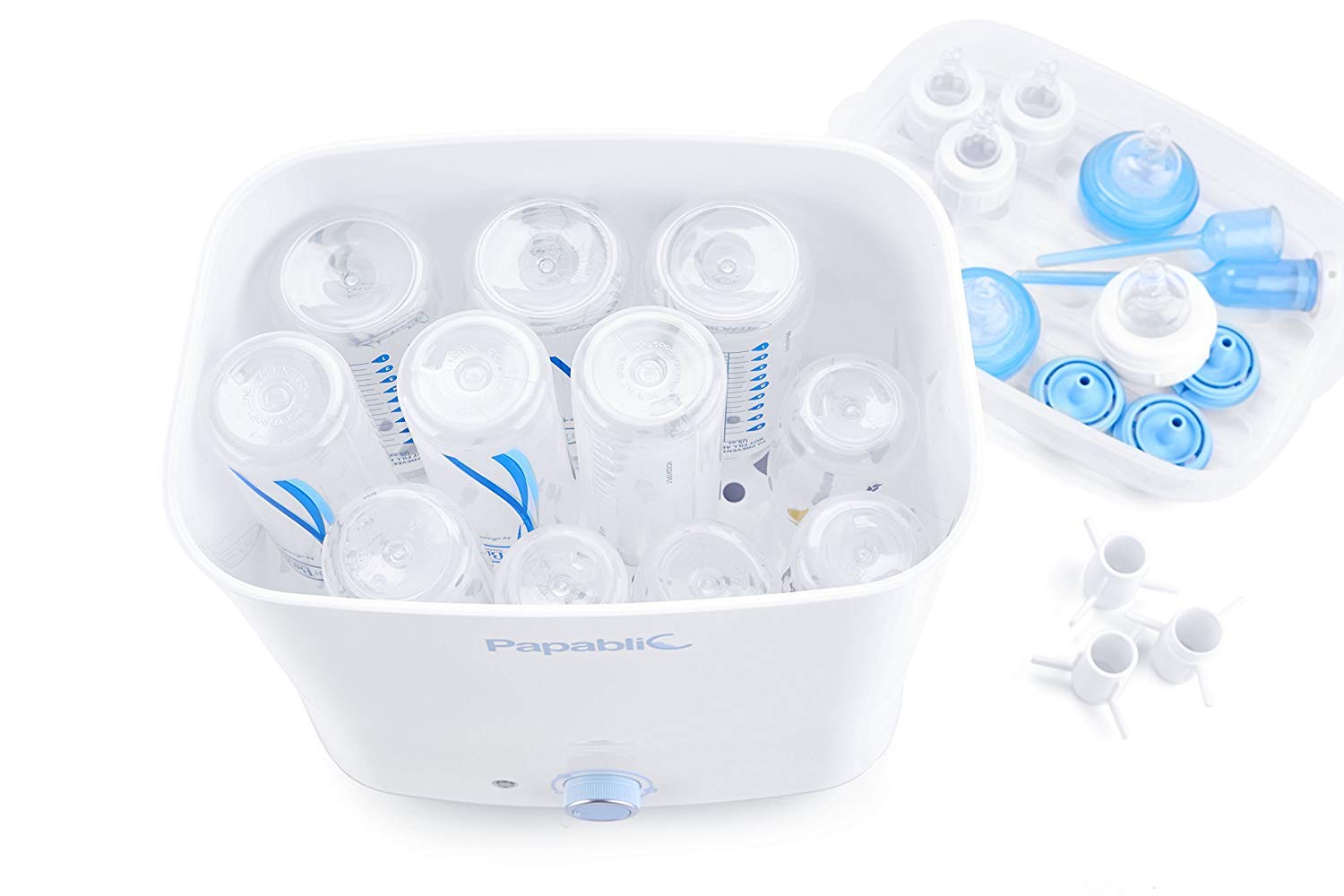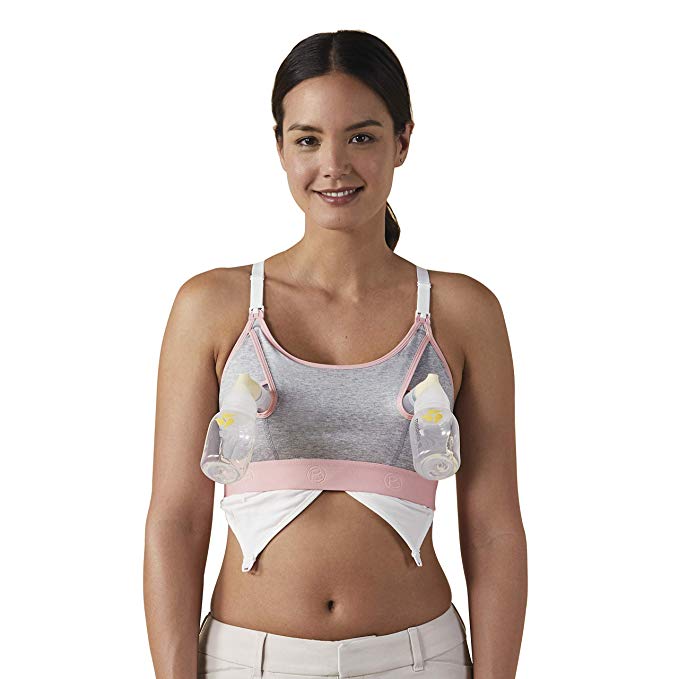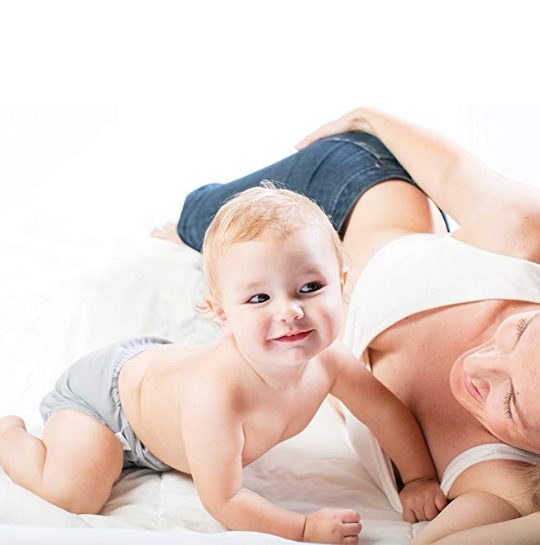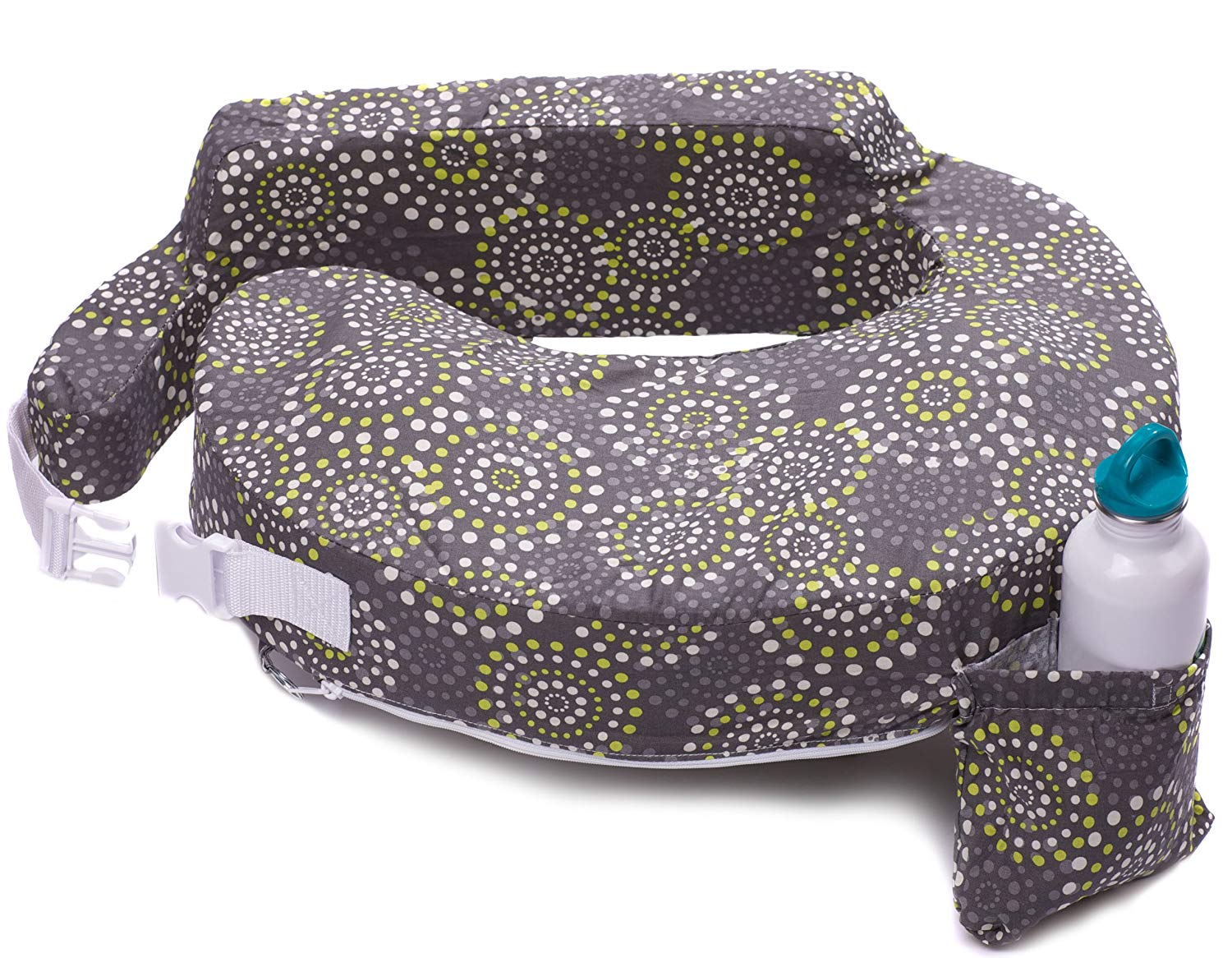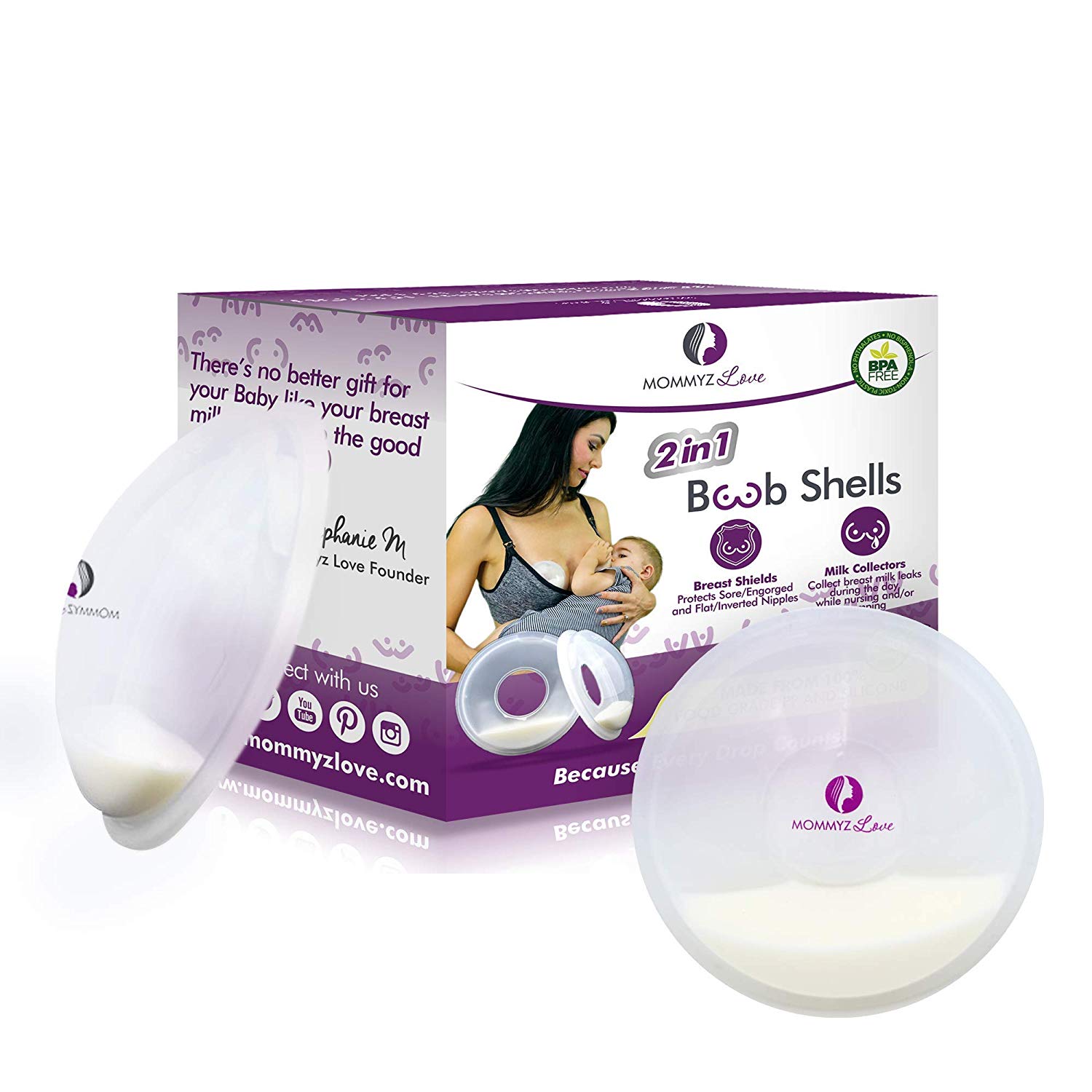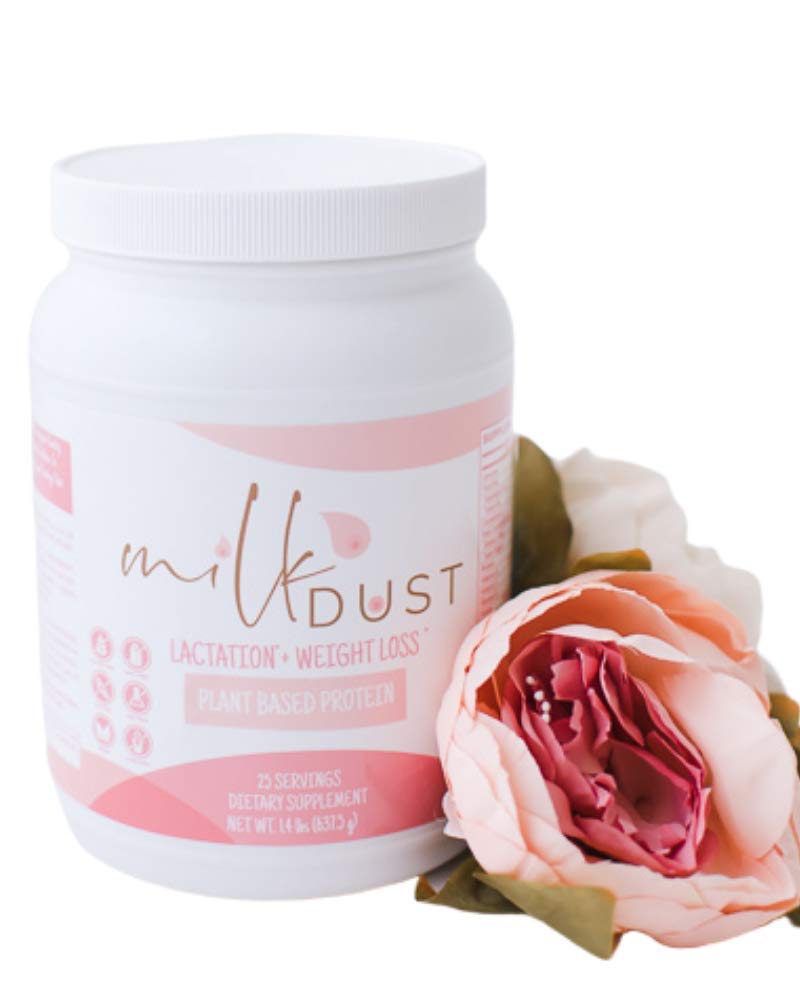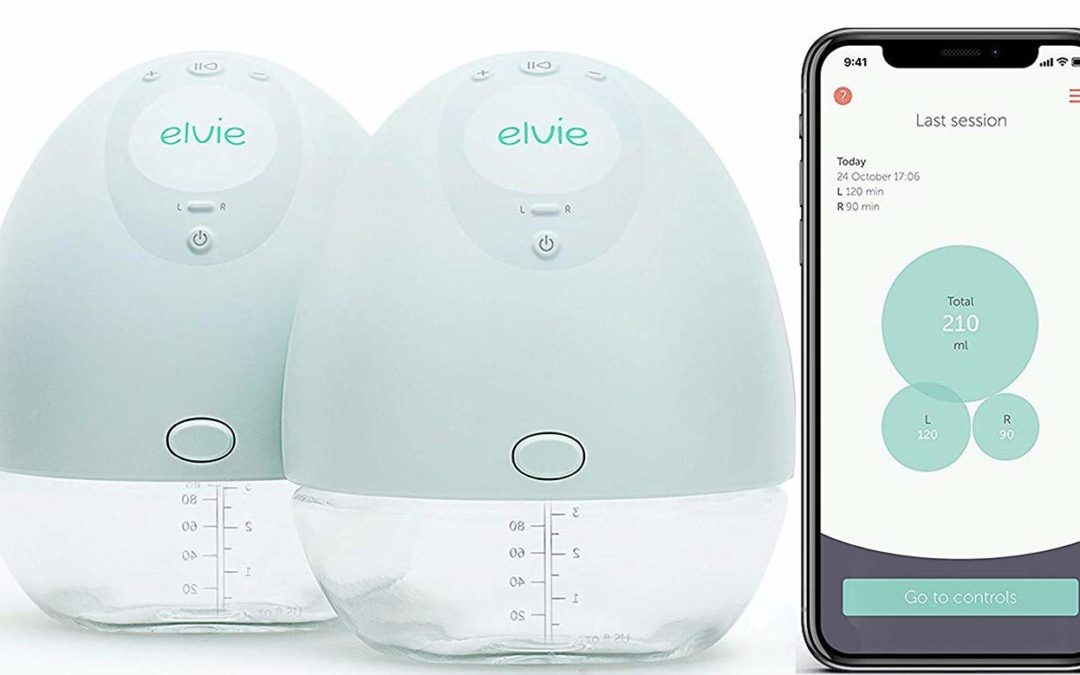
How To Choose The Right Breast Pump For You
Andrea Tran RN, BSN, MA, IBCLC
I often get calls from moms asking for help in choosing a breast pump. There is a dizzying array of breast pump choices. It is easy to understand why it makes women feel overwhelmed.
In order to choose the breast pump that is right for you, first, you need to answer some questions
Questions to Ask When Choosing a Breast Pump
Why Will I Be Pumping?
Some moms pump for an occasional relief bottle. Other moms pump while they are working full time. Some moms pump exclusively.
How Often Will I Be Pumping?
- Exclusively pumping
- Pumping daily – one or more times a day
- Primarily breastfeeding and pumping for an occasional bottle
- Pumping only for emergencies
Will my insurance provide a breast pump for me?
- Most insurance companies in the USA provide new moms with a breast pump. This one is HSA approved.
- Some insurance companies have one pump they will send you
- Other insurance providers will offer a choice of pumps
What Is My Budget for a Breast Pump?
Some women will be getting a pump on their own or putting it on their baby registry.
- Their insurance does not provide a pump
- They may not like the pumps offered by their insurance
- They may want a particular pump
- Once they start pumping, the insurance pump may not meet their pumping needs.
Pump prices go from $10 for some manual pumps up to thousands of dollars for a top of the line hospital grade double electric breast pump. This is a good affordable pump!
Breast Pump Options:
Manual Pump
A manual pump is operated with your hand and pumps one breast at a time. If you are super coordinated, you could get two manual pumps and pump both breasts simultaneously. This one is top-rated on Amazon, and in our top-product list as well!
Moms often use manual pumps like the Haaka at the same time they are breastfeeding. This is a good option for a mom who wants to build a milk stash but doesn’t have extra time to pump.
A manual pump is an excellent choice for the mom who only needs to pump once in a while. It is also a good choice for the woman who doesn’t plan to pump but wants something in case of an emergency.
I recommend moms have a manual pump in their car for any unexpected pumping needs.
Single vs. Double Pumps
Some pumps can pump one breast only. A double pump will allow a mom to pump both breasts at the same time. This is a time saver. Single pumps are more affordable, so if you don’t need to pump that often, and don’t need to worry about milk supply, a single pump might be a great way to go.
Also, double pumping creates higher surges in prolactin. Prolactin is a key hormone involved in making milk.
Some moms may have a double pump and only need to pump one breast at times. Other moms want the suction strength of a double electric pump but prefer to pump one breast at a time. The vast majority of double pumps provide this alternative. Be sure to read the instructions, though. There may be specific things that need to be done to the pump so it will operate properly when only single pumping.
Battery Operated Breast Pumps
Some pumps work with regular batteries. These are often single pumps.
Other battery-operated pumps like the Willow and Elvie are rechargeable. These two pumps are hands-free and worn inside your bra. Hands-free pumps like these are good options for busy moms or working moms who want to pump more frequently but don’t want to take a full break.
These pumps are not silent, so you probably wouldn’t want to wear them during a meeting. But if you want to multi-task when you are working on a computer, this type of pump is an excellent way to do that.
Double Electric Breast Pumps
Double electric pumps are a popular option because they allow you to pump both breasts at the same time, and you don’t have to worry about recharging them. You do need access to an electric outlet or car charger. Using a car charger usually requires a special adapter.
When using a double electric pump using a pumping bra will enable you to pump hands-free.
Spectra breast pumps are very highly rated on Amazon. I have gotten very good feedback from moms about this brand of pump.
Be Flexible When Deciding Which Is The Right Pump For You
While you may have an idea about how pumping will look for you, it may change after your baby arrives. Some Moms didn’t plan to pump much at all and ended up needed to pump exclusively. Some moms planned to exclusively and after their baby was born decided instead to breastfeed primarily.
What Is Power Pumping and How To Be A Power Pumping Boss
Most pumps cannot be returned once they have been opened. For that reason, I do not recommend opening the pump until your baby has arrived, and you are going to start pumping.
When Should You Consider Renting a Breast Pump?
A hospital-grade rental pump is the best choice when a baby is not breastfeeding at all. It also should be considered if a baby is not feeding effectively.
- A premature baby
- A sick baby who is unable to breastfeed
- A mom who plans to exclusively pump right from the start
- A baby who is small or has a physical condition resulting in ineffective feeding.
- Cleft lip or palate
- Down’s syndrome
- Other neurological or physical conditions that interfere with effective feeding
Pumps For Moms Who Are Exclusive Pumping
I would advise a mom who is going to be exclusively pumping to start with a hospital-grade rental pump. She should use this for the first month of pumping. A rental pump will provide her optimal stimulation while she is establishing her milk supply.
If she wants to transition to a purchased pump, I recommend that she keep the rental for the first week that she is using the purchased pump. This will allow her time to see if the purchased pump is enough to maintain her supply.
How To Produce More Breast Milk When Pumping Without Hating Your Life
Is It Okay to Get a Used Breast Pump?
Most breast pumps sold are considered to be a personal item from a hygienic standpoint. They are intended for one mom to use for one baby.
I do not recommend using a personal pump that has been used by someone else. There are two reasons for this.
- Personal pumps have a motor that will operate at maximum function for a certain period of time. After a while, they will wear out. My experience has been that most of the time, there is a slow decline in function as opposed to the pump just stops working altogether. A failing pump can result in reduced milk production when pumping.
- Another reason I don’t recommend used pumps is that bacteria and viruses can be transmitted by breast milk. This can depend on how the pump is made. I have heard of people taking them apart and finding mold growing inside the pump. Since this is your baby’s food, you don’t want to take chances.
I have had people tell me that the used pump they were getting had barely been used. I worked with one client who told me that. I had worked with the mom who sold her the pump, and I knew that first mom was using that pump several times a day for eight months. I guess people have different definitions of what barely used means.
For all these reasons, I do not recommend getting a pump that has been used by anyone else.
Rental pumps are made in such a way that contamination is not a concern. Their motors are manufactured to last for heavy-duty use for years.
